Netflix VP of Italian originals Eleonora Andreatta, who is affectionately known as Tinny, is understandably proud of what the streaming giant has accomplished. Ten years after its launch in the country, Netflix leads the SVOD pack with more than 8 million subscribers, according to Italy’s Communications Authority.
As Netflix celebrates its first decade in Italy, Andreatta – who joined in mid-2020 as VP of Italian originals after a long successful stint as head of drama at state broadcaster RAI – underlines fact that roughly 50 Italy originals, shot all over the Italian peninsula, have made it into Netflix’s Global Top 10. Plus, strong rapports with Italian talents — and by extension with the country’s cultural DNA — have been forged along the way.
“There are these interconnections, sometimes purely by chance, that say a lot about our relationships with talent,” she tells Variety.
Andreatta is fond of the fact that Netflix is celebrating 10 years in Italy with serial killer series “The Monster of Florence” — which drops globally Oct. 22 after launching from Venice — directed by genre specialist Stefano Sollima. The helmer, best known for Sky’s gritty TV hit “Gomorrah,” also directed “Suburra,” which is the first Italian film that Netflix commissioned even before its launch in 2015.
But Netflix’s rapport-building was “more deliberate” in the case of A-list actor Alessandro Borghi, says Andreatta. Borghi starred in Netflix’s first Italian original series, “Suburra” (a spinoff of the film) and in Netflix’s true crime film “On My Skin,” which is the first Italian movie commissioned by the service after it bowed. The hard-hitting police brutality drama was released in 2018 simultaneously in Italian cinemas and on Netflix, sparking controversy from distributors in Italy who clamored for a theatrical window. Borghi more recently played porn icon Rocco Siffredi in Netflix’s “Supersex,” “one of the most provocative and interesting series we’ve launched,” Andreatta says.
Another Italian star whose career is inextricably tied to Netflix’s Italian journey is Benedetta Porcaroli, who broke out in 2018 playing a schoolgirl leading a double life in “Baby,” the show about teen prostitution in Rome that marked Netflix’s second Italian scripted series. Porcaroli later landed a plum lead role in lavish Sicily-set saga “The Leopard,” which marks the streamer’s biggest splash in Italy to date. More recently, Porcaroli has been cast in Guy Ritchie’s upcoming Netflix show “The Gentleman 2” that partly shot in Italy.
Within Italy’s older generation, Andreatta points out that Netflix “has had the honor” of working with screen legend Sophia Loren who in 2020 returned to acting in intimate Italian original film “The Life Ahead” directed by her son Edoardo Ponti.
As Netflix celebrates its first decade in Italy and becomes increasingly active in fostering a new generation of local talents, Andreatta speaks to Variety about some of the streamer’s Italian milestones and her vision going forward.
What is your earliest memory of Netflix in Italy and what goals did you set when you joined?
“Suburra” [the first Netflix Italy original] was co-produced, as a minority co-producer, by RAI, where I was head of drama at that time. I remember the moment when I was sitting in the same room with the then-Netflix executive. He showed me the English dub [of “Suburra”], and a huge taboo fell. It was the taboo that it was impossible for an Italian product to reach the international market, especially the English-language market. I truly felt that something huge was happening. So my arrival at Netflix was precisely linked to the awareness that, as a commissioning editor, I could create great authentic stories, bold Italian stories, with a platform that is willing to experiment in terms of languages and formats.
What are some titles that stand out under your watch?
Basically, from 2020 onwards, Netflix proved its potential for growth, ambition and the diversification of its offerings in terms of genres and visual languages. 2021 was the memorable year of Paolo Sorrentino’s “The Hand of God,” his most personal film. These were the years in which we experimented with new forms of documentaries. In 2020, we launched the docuseries “SanPa: Sins of the Savior” [that follows controversial drug rehab founder Vincenzo Muccioli]. Then came “Vatican Girl: The Disappearance of Emanuela Orlandi” [about the disappearance of the teenage daughter of a Vatican employee]. They both represent an innovative form of documentary in Italy: true crime mixed with public outcry. In 2021, we started experimenting with short format adult animation working with by Italian graphic novelist Zerocalcare, who really taps into the zeitgeist. In 2022 we launched [YA drama] “Everything Calls for Salvation” that intercepted a new theme, mental health, for the younger generation that was emerging from COVID.
When it comes to spawning different genres “The Law According to Lidia Poët,” the period crime drama about Italy’s first modern female lawyer, stands out. Do you agree?
Yes, “Lidia” is one of our titles that has been much loved, not only by Italian audiences but internationally. It represents our desire to tell stories about strong female characters who are imperfect heroines or anti-heroines, and therefore manage to stay etched in people’s memories providing a contemporary feel to a period piece.
Let’s talk about “The Leopard,” which is Netflix’s biggest show out of Italy so far. How did that come about?
“The Leopard” was born about a month after I arrived at Netflix. I remembered that the producer [Indiana Production’s Fabrizio Donvito] had the rights to the book. It was July 2020, during the days between one lockdown and another. I called him. He was driving on a mountain road and had to pull over. I told him, “I remember that you have the rights to ‘The Leopard’; we need to talk.” That project had to be done in a way that had previously been impossible in Italy. Doing “The Leopard” in Italian was an ambition that I wanted to achieve at all costs. In Italian literature, there aren’t that many IPs that can be brought to the screen. Tommaso di Lampedusa’s novel, which looks at the unification of Italy from the perspective of a 20th-century writer, had a modernity that interested me. It also described a transitional era in which the past no longer belongs to us, and the future is yet to be defined. I really liked this idea.
“The Leopard” reportedly cost about $50 million. Will Netflix be making similar investments on an Italian original going forward?
The key thing in Netflix’s strategy is that a story can come from any country. So it’s part of the strategy. Investment decisions stem from the fact that we deeply believe that telling Italian stories is important for our Italian audience and for our Netflix offerings worldwide. So we will continue to invest, as we have done until now, with the same conviction, the same determination, and the will to boldly and ambitiously continue to develop projects that are relevant to our audience. Our ambition for individual projects that can be as ambitious as “The Leopard” remains unvaried. “The Leopard” was born in 2020 and got to the screen in 2025. So they require a major development effort. But certainly in our pipeline there are always ambitious projects and we are always looking at that scale as well.
This interview has been edited and condensed for clarity.


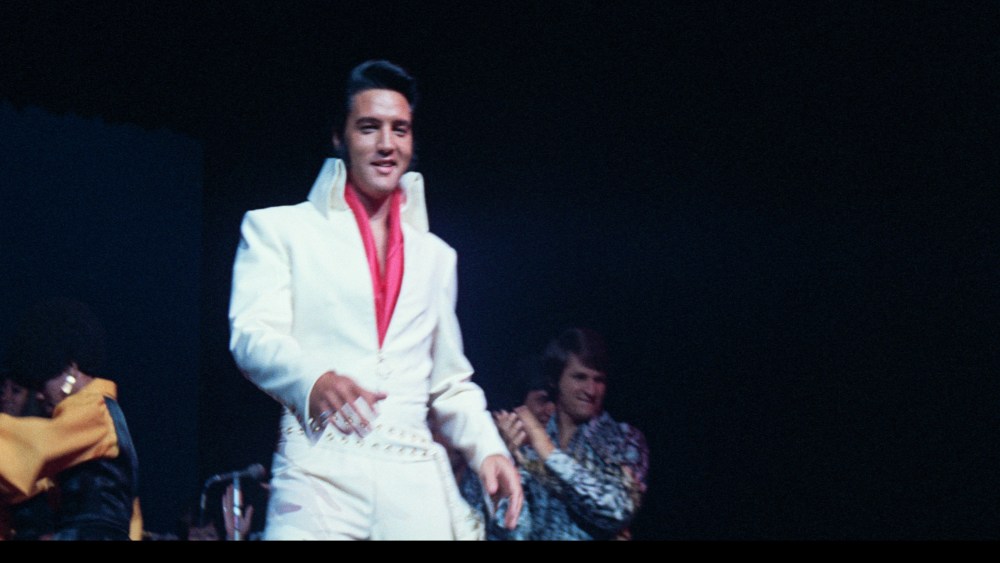

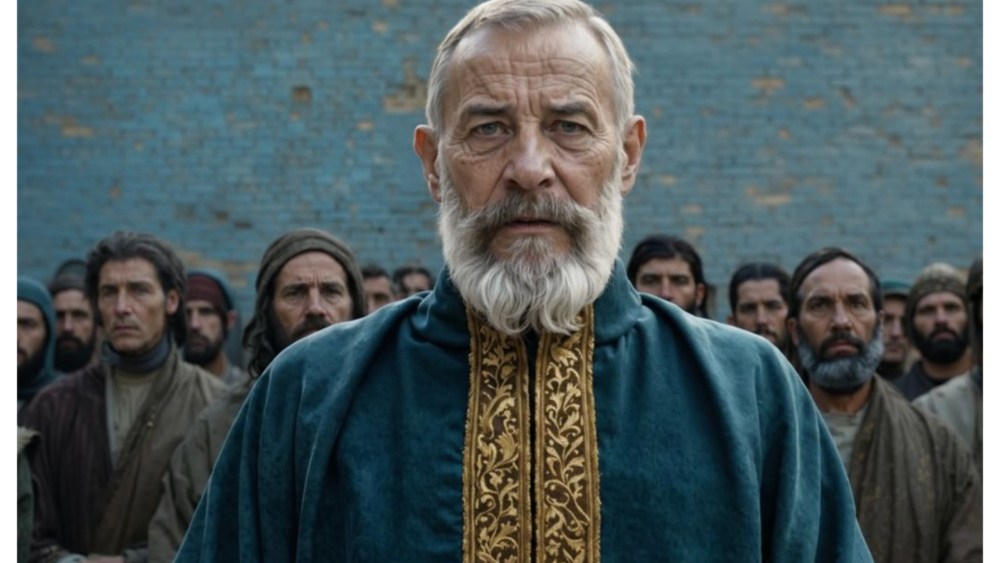


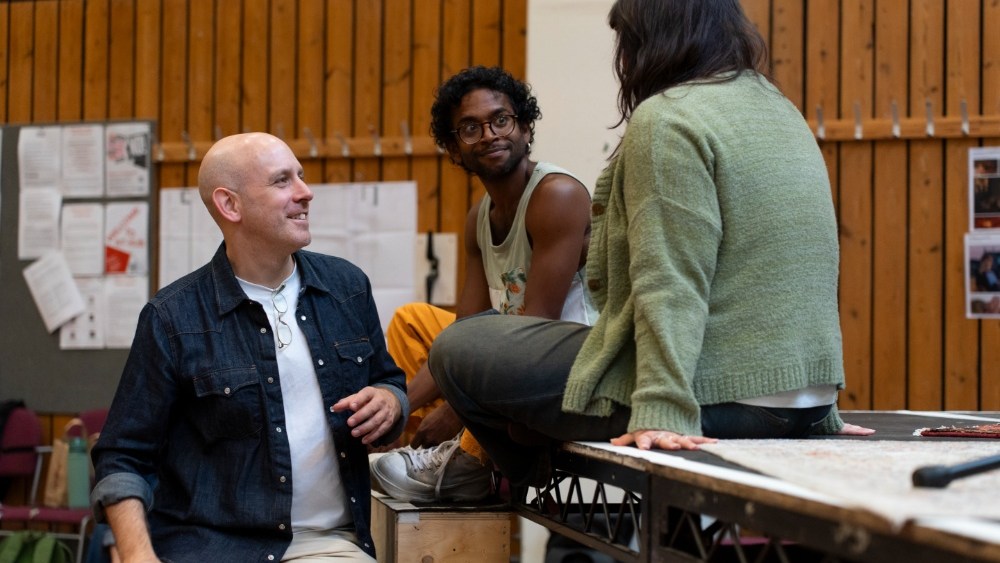
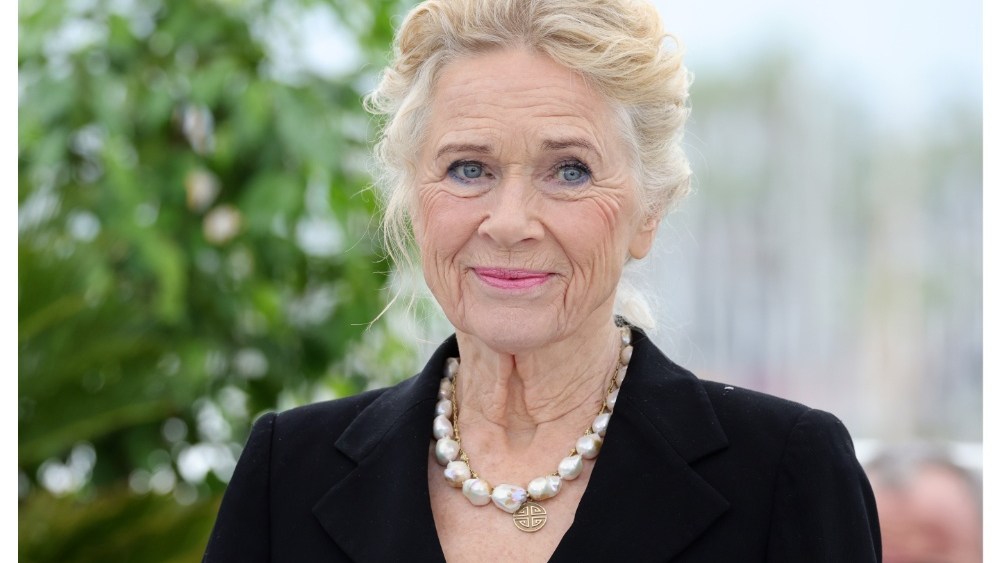
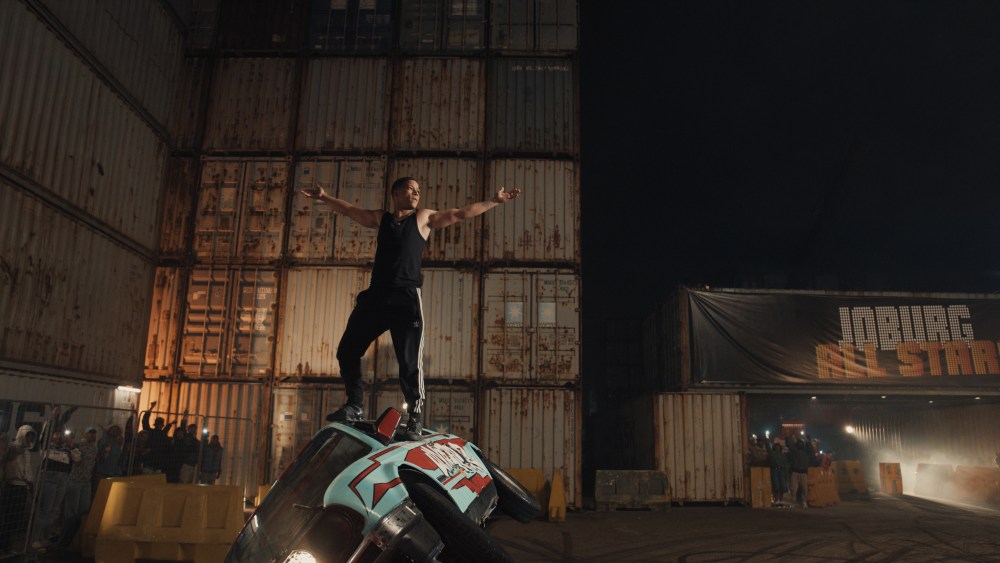






Leave a Reply